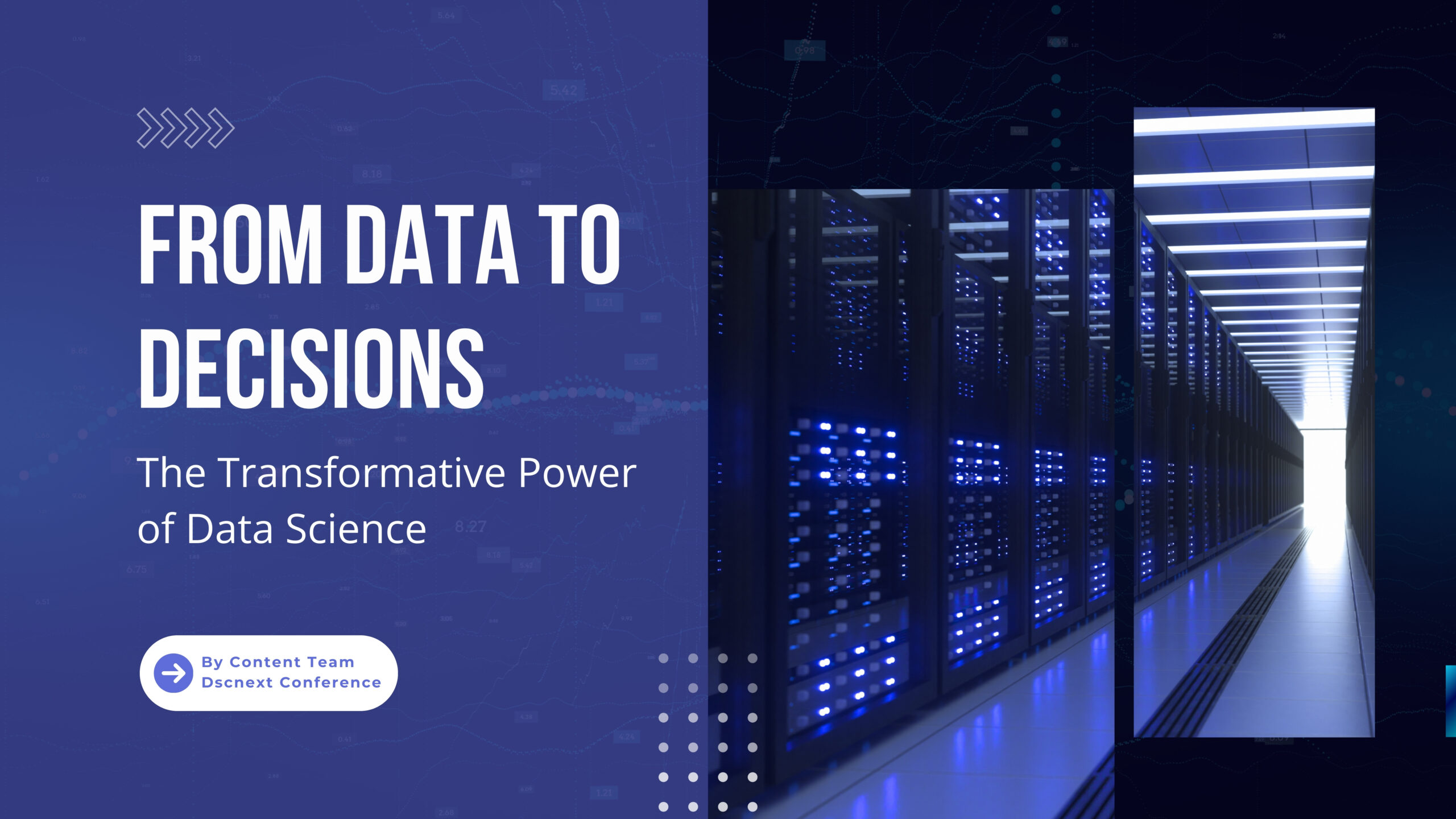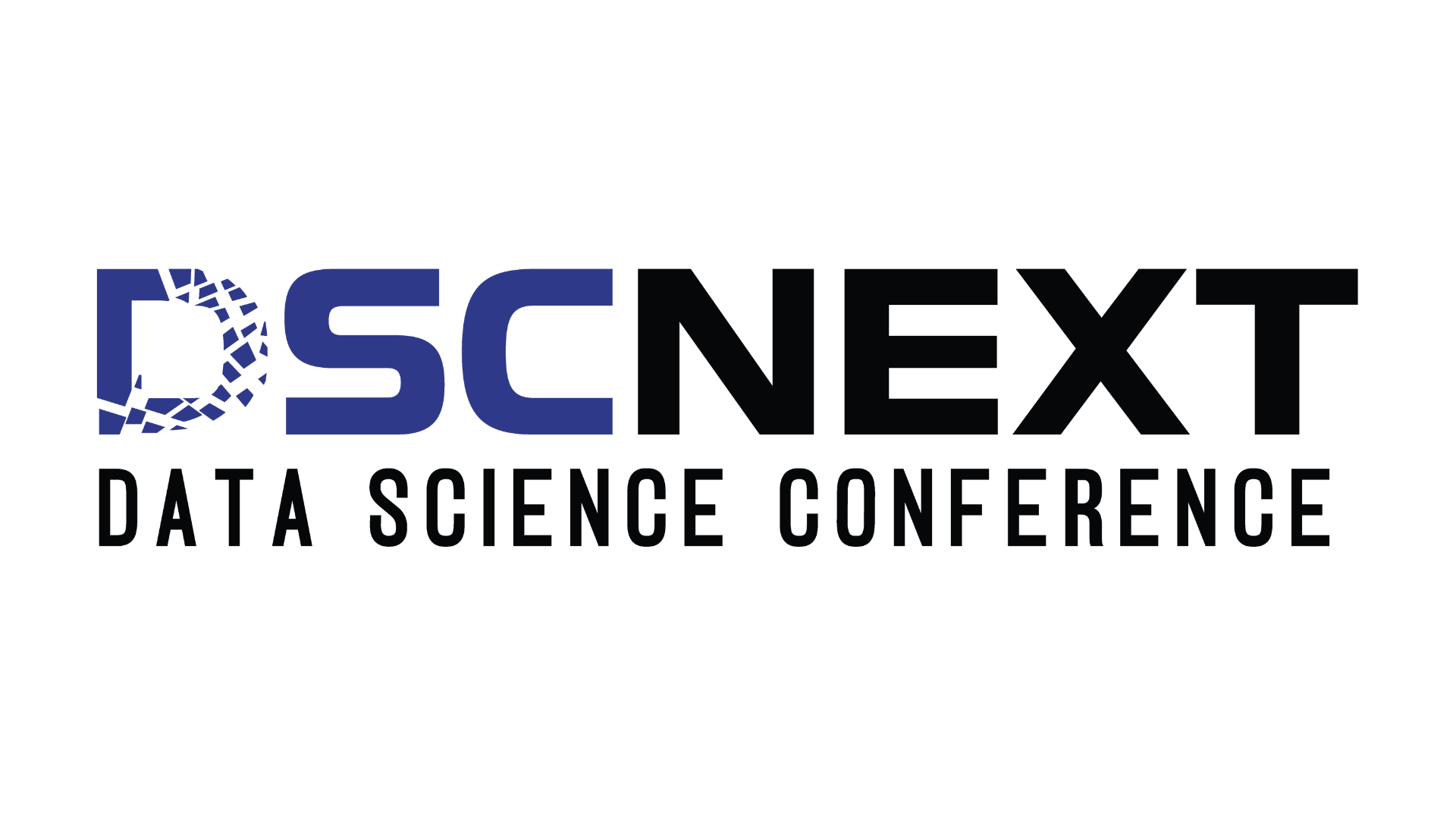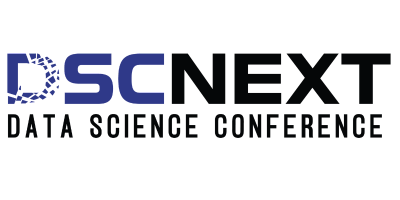
In the digital age, data has evolved from a mere byproduct of business activities into a critical asset that fuels decision-making, innovation, and competitive advantage. Data science—a field that combines statistics, machine learning, and data engineering—enables organizations to convert raw data into meaningful insights.
These insights go beyond academic theory; they influence real-world decisions, driving industry transformation, optimizing operations, and unlocking new opportunities.
This blog delves into how data science reshapes various sectors, highlighting how companies have successfully harnessed data-driven strategies to achieve significant business results.
1. The Strategic Importance of Data Science in Decision-Making
Data science is pivotal in modern decision-making, allowing organizations to analyze complex datasets, uncover hidden patterns, predict future trends, and refine their strategies. The process involves gathering and cleaning data, conducting exploratory analysis, developing predictive models, and validating these models to ensure their reliability.
In retail, for instance, data science helps businesses understand customer preferences, manage inventory, and tailor marketing efforts. In finance, it is essential for assessing risks, detecting fraud, and forecasting market movements. Amazon is a prime example of leveraging data-driven decision-making to enhance customer experience and boost sales.
By analyzing customer browsing and purchasing behaviors, Amazon’s recommendation engine suggests products that align with individual preferences. This personalized approach has significantly contributed to both customer satisfaction and Amazon’s revenue growth.
2. Revolutionizing Healthcare: Data Science for Improved Patient Outcomes
The healthcare industry is undergoing a profound transformation, thanks to data science. By analyzing patient data, healthcare providers can predict disease outbreaks, customize treatment plans, and expedite the discovery of new drugs. IBM Watson Health is transforming patient care through AI-driven insights.
The Watson platform analyzes vast amounts of medical data, including patient records and clinical studies, to assist doctors in diagnosing diseases and recommending treatments. This approach has been particularly effective in oncology, where personalized treatment plans based on genetic profiles have led to better patient outcomes.
Mayo Clinic utilizes data science in precision medicine to create personalized treatment plans. By analyzing genetic and clinical data, the clinic offers treatments tailored to individual patients, improving outcomes in complex diseases like cancer.
Medtronic, a leader in medical technology, uses data science to monitor patients with chronic conditions. Their devices collect real-time data, which is analyzed to detect early signs of complications. This proactive approach enables timely interventions, enhancing patient outcomes and reducing healthcare costs.
3. Financial Services: Enhancing Risk Management and Investment Decisions
In the financial sector, data science is essential for risk management, fraud detection, and developing investment strategies. Predictive analytics, a key component of data science, enables financial institutions to anticipate market trends and make informed decisions.
JPMorgan Chase utilizes data science to bolster its risk management practices. The bank’s predictive models analyze historical data and market trends to forecast potential risks in lending and investments. Moreover, their COiN (Contract Intelligence) platform employs natural language processing (NLP) to review legal documents, reducing manual review time and minimizing errors. Goldman Sachs leverages data science to fine-tune its trading strategies.
The firm’s algorithms can accurately predict market movements by analyzing historical trading data and market conditions, thereby enhancing trading performance and reducing risk. PayPal applies data science to combat fraud and secure transactions. Machine learning models analyze transaction data in real time to detect suspicious activity, significantly reducing fraud on the platform and safeguarding both the company and its users.
4. Retail Innovation: Data Science for a Superior Customer Experience
In retail, data science is crucial for personalizing customer experiences, optimizing supply chains, and managing inventory. By analyzing customer data, companies can accurately forecast demand, reduce waste, and enhance the shopping experience. Walmart, one of the largest global retailers, uses data science to optimize its supply chain and inventory management.
By analyzing sales data and customer purchasing patterns, Walmart’s data scientists can predict which products will be in demand, ensuring that shelves are stocked with the right items at the right time. This approach has reduced inventory costs while increasing sales. Target employs data science to refine its marketing strategies. By analyzing customer purchase histories, Target can anticipate future purchases and deliver personalized offers, boosting customer loyalty and driving sales.
5. Enhancing Logistics Efficiency through Data Science
The transportation and logistics industry relies heavily on data science to optimize operations, cut costs, and improve service delivery. Companies use data analytics to manage routes, fleet operations, and supply chain efficiency. UPS, a leader in logistics, utilizes ORION (On-Road Integrated Optimization and Navigation), a data-driven tool that optimizes delivery routes.
ORION analyzes factors such as package volume, traffic conditions, and delivery time windows to determine the most efficient route for each delivery. This has led to significant fuel savings, reduced carbon emissions, and improved delivery times. DHL employs data science to optimize its global logistics network. Predictive models analyze traffic patterns and weather conditions to optimize delivery routes, enhancing service efficiency and reducing operational costs. FedEx uses data science to manage its global logistics operations. By analyzing shipping data, FedEx can predict package volumes and allocate resources more effectively, thereby improving reliability while reducing costs.
6. The Entertainment Industry: Personalizing User Experiences through Data Science
In the entertainment industry, data science is essential for understanding viewer preferences and delivering personalized content. Streaming services rely on data analytics to keep users engaged and satisfied. Netflix uses data science to personalize content recommendations for its users. By analyzing viewing history, ratings, and search behavior, Netflix’s recommendation engine suggests movies and TV shows that align with individual preferences.
This personalized approach has been instrumental in Netflix’s success, driving user engagement and retention. Spotify leverages data science to curate personalized playlists for its users. By analyzing listening habits, Spotify’s algorithms create playlists that reflect individual tastes, enhancing the user experience and contributing to the platform’s growth. Hulu uses data science to optimize its content library and recommendations. By analyzing viewing patterns, Hulu identifies popular content among different demographics, allowing the service to offer more relevant content to its users.
7. Manufacturing: Leveraging Data Science for Predictive Maintenance
In manufacturing, data science is utilized to predict equipment failures and optimize maintenance schedules, leading to increased efficiency and reduced downtime. General Electric (GE) applies data science for predictive maintenance in its industrial equipment.
By analyzing data from sensors, GE’s models can predict when a machine is likely to fail, enabling timely maintenance that prevents unplanned downtime. This approach has enhanced operational efficiency and reduced maintenance costs. Siemens employs data science in its smart factories to optimize production processes. By analyzing production data in real-time, Siemens can minimize waste, improve product quality, and boost overall efficiency, positioning itself as a leader in Industry 4.0.
Data science has evolved from a specialized discipline into a fundamental component of decision-making that drives success across industries. The examples of Amazon, IBM Watson Health, Mayo Clinic, JPMorgan Chase, Walmart, UPS, Netflix, and GE illustrate how data science is being used to solve real-world challenges, enhance operational efficiency, and foster innovation.
As industries continue to embrace data-driven decision-making, the influence of data science will only grow, shaping the future of business and society. Companies that invest in data science will be better positioned to navigate the complexities of the modern world, make informed decisions, and achieve long-term success. Embark on a groundbreaking journey at the inaugural Data Science Next Conference May 7-9 2025, in Amsterdam by NBM, where pioneers and visionaries will gather to chart new territories in data science.
As a debut event, this conference offers an unparalleled opportunity to be among the first to explore fresh perspectives, engage with cutting-edge methodologies, and contribute to shaping the future of the field. Designed for those eager to push boundaries and spark innovation, this event promises to ignite your curiosity and provide the foundational insights needed to navigate the evolving landscape of data science. Join us as we set the stage for the next era of data-driven innovation.


